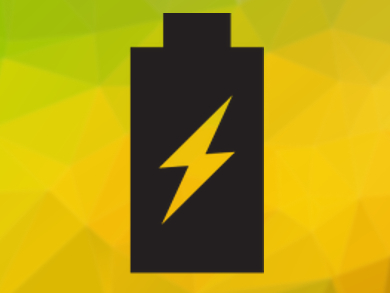Lithium-ion batteries are very commonly used in electronics. However, they can sometimes pose safety risks, and supplies of lithium are limited. Zinc could provide higher capacities and improved safety compared with lithium batteries.
Jiang Zhou, Shuquan Liang, and colleagues, Central South University, Changsha, China, have developed a low-cost, high-performance rechargeable zinc-ion battery using a V2O5 cathode, a zinc anode, and a ZnSO4 solution as the electrolyte. The team demonstrated that V2O5 has a nanosheet structure that is suitable for Zn ion insertion and release.
Several aqueous electrolytes were tested, and the researchers found that zinc sulfate provided the best electrochemical performance and high stability. It also is significantly cheaper than Zn(CF3SO3)2, which is commonly used in studies on zinc ion batteries.
The developed battery has a high specific capacity and is stable for over 400 charge/discharge cycles. While the performance is not yet optimal for practical use, according to the researchers, the system’s low cost, safety, and environmental friendliness could make it suitable for some applications in large-scale energy storage.
- Investigation of V2O5 as a low-cost rechargeable aqueous zinc ion battery cathode,
Jiang Zhou, Lutong Shan, Zhuoxi Wu, Xun Guo, Guozhao Fang, Shuquan Liang,
Chem. Commun. 2018.
https://doi.org/10.1039/c8cc02250j



